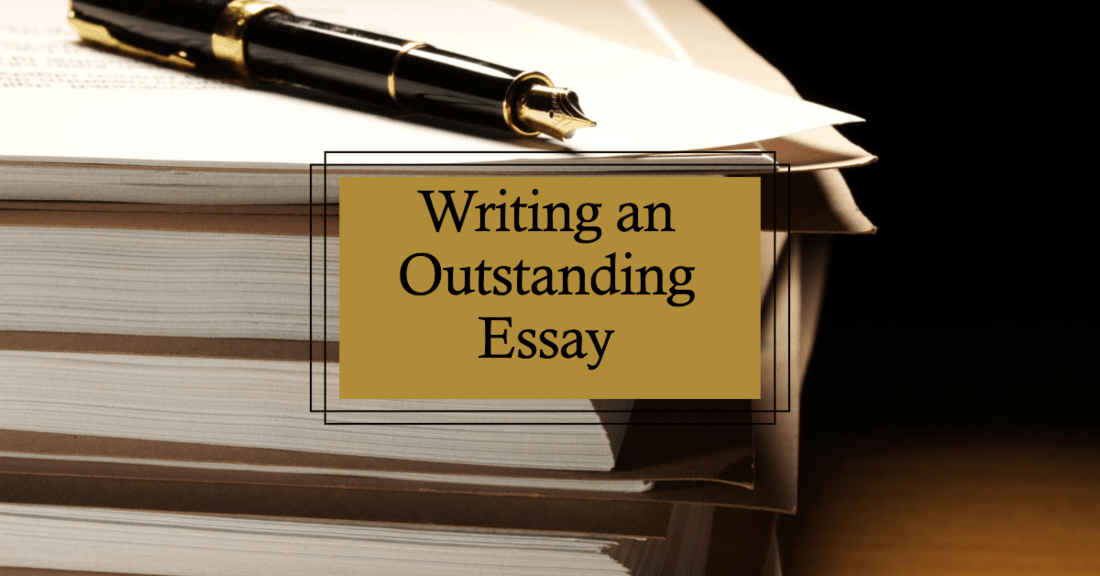Composing a brilliant essay needs plenty of efforts, knowledge and consumes immense time, If you don’t know the ideal tips to follow. Essay helps in creativity, problem-solving, and diligence. If you are a student, you definitely have to go through essay making challenge. And knowing how to write an essay is always useful. And for that exact reason I am writing this post. So, you should know these tips to craft it right. The following are ten recommendations on how to write a stand-out, exceptional essay.
1. Understand the Prompt
Let’s start with the start. The first and most important step in writing a great essay is always to ensure that you properly understand the prompt of the essay, But how to do that? Don’t worry you will get your answer shortly.. Writing without understanding completely is a bit weird isn’t it?. So, make sure that you understand everything that is required of you, and take the time to read the instructions, And not just read but go through it thorougly. Again, Make sure you understand what is meant by key terms and concepts you plan to use in your work and what exactly you are going to focus on in the context of your essay.
2. Plan and Outline
Moving on the next step, The second step in writing the essay is to organize the ideas. An outline is a roadmap and a summary that you can use to enhance your writing process and remain as focused as possible. Begin with an introductory thesis that is focused on the general conception or aim of your work. Next, enumerate the main ideas that will correspond to your/our thesis statement and analyze how you are going to develop them. This will assist you in the development of a framework that can help you avoid the production of a disorganized essay.
3. Conduct Thorough Research
Research forms the foundation for the production of an exceptional essay. Sources of information should preferably be obtained from scholarly publications, books, and reputable websites. Write down notes and arrange your records based on the provided or individually developed outline. This way, you will be in a position to have a clear background concerning the topic you are handling so as to avoid pitfalls and give a competent argument on the outcome of the study.
4. Craft a Strong Thesis Statement
Your thesis statement is the main idea you want to convey in your essay. It should be brief and to the point, coupled with the details of the proposal. A good thesis statement must not only assert your side of the argument but also provide a clue about the proofs you intend to advance. It helps both you and your readers by providing a direction for your essay and helping with its organization.
5. Write a Compelling Introduction
The introduction section of the essay provides a basis for the rest of the composition and should, therefore, capture the reader’s attention. Use the introduction to engage the reader; this could be an intriguing question that the reader can answer, a piece of information that may be potentially useful and appealing to the reader, a short story, and so on. Before presenting the thesis, it might be helpful to include some context information so that the reader gets a background to the statement. The background should be interesting and enlightening to create a good platform for designing the rest of the essay.
6. Develop Clear and Coherent Body Paragraphs
When writing body paragraphs, each should contain the argument that supports the thesis statement. Ensure that each of your paragraphs has a topic sentence that outlines the main point of the argument. Evidence: After that, provide evidence and references to key points that support your argument. Choose simple words, make sure that your ideas are coherent, and follow the guidelines provided in the instructions. Use transition words or phrases while moving from one idea to another in order to make your essay coherent.
7. Use Evidence and Examples
Make sure to use data and examples from your findings to support your arguments. This may be in the form of statistics, a quotation, a story, or the experiences of other institutions or individuals. Just in case, make sure not to plagiarize your work and include references to increase the credibility of your work. It makes your arguments stronger and your essay much more coherent if you have credible evidence to back your claims.
8. Address Counterarguments
Present and negate counterarguments that can be made to the thesis statement. This prevents your work from being perceived as biased, which means that you have taken time to consider other views and have a holistic view of your topic. Identify counterarguments to the argument made and respond by proving them wrong and offering better reasoning. It not only improves one’s writing but also shows that you have engaged in advanced cognitive processing mechanisms such as analysis.
9. Write a Strong Conclusion
The conclusion is your last chance to provide your reader with something that will actually create a certain impact on his or her mind. Conclude the key ideas of the discussed topics and your main thesis while offering a fresh perspective. Emphasize the importance of the idea you are arguing for and briefly present what remains to be explored or prompt further research or debate. Do not present any new ideas in this section. Rather, strive to make the reader feel satisfied and complete after they’ve finished reading your work.
10. Revise and Edit
Revision and proofreading are considered to be the final stages of essay writing. Once you are done with your first write-up, you need to leave it alone for some time and then approach the piece again. Ensure it is well-written, organized, and addresses all the required aspects. Make sure your points are backed up correctly and that the structure of the essay is correct. Proofread for any grammatical, spelling, or punctuation mistakes. Therefore, it is recommended to ask peers or other people to provide feedback on the work performed and get additional insights.
Conclusion
Composing a perfect essay requires a lot of planning, research, and polishing. Reading the prompt, forming a thesis, and providing an analysis of the thesis statement helps in writing an effective and well-structured essay. Responding to the counterarguments and, especially, reviewing the material you have written all contribute to the improvement of the quality of the writing. When one is able to stay focused and devote ample time to learning the techniques of writing an essay, he/she will be able to produce extremely good work.




